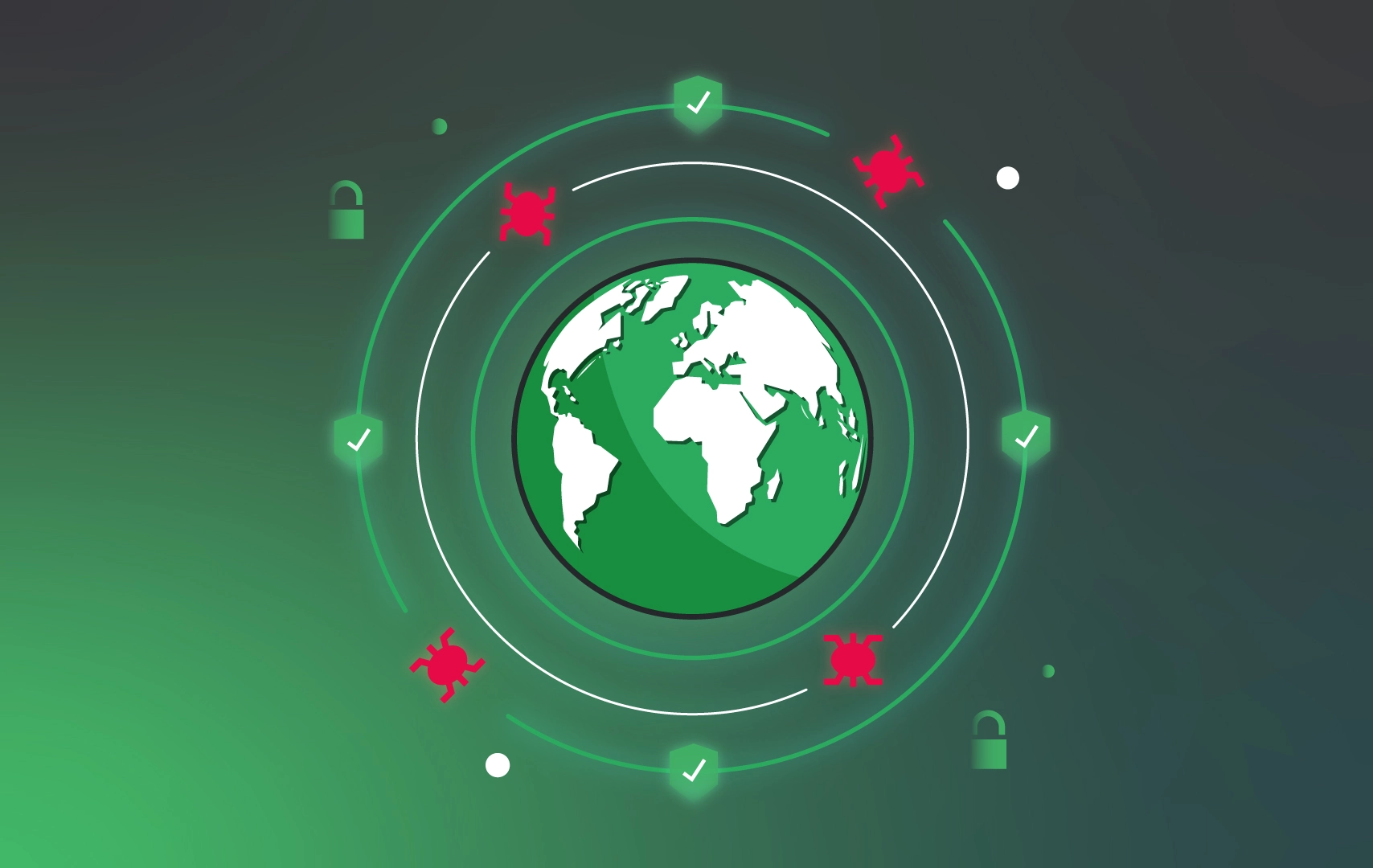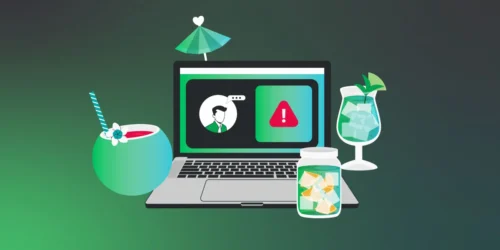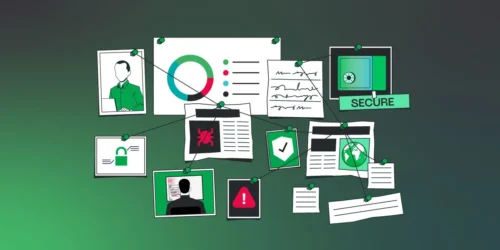United Against Threats: The Importance of Global Cooperation in Cybersecurity
January, 14, 2025
4 minutes read

Many of us have experienced the transition from a life without devices to a virtual life where we navigate daily with one or more devices in our pockets. Additionally, we now cohabit with those who began their virtual life from an early age. What we have in common is that one way or another, a significant portion of our interactions takes place in the digital realm. We have entrusted our data and information to a series of technology providers, who assure us they will protect it.
It is clear that in the virtual world, our data is the most valuable asset, enabling countless possibilities for those who possess it—whether they be individuals, companies, organizations, countries, or regions. The issue of safeguarding and protecting our information is paramount. There is no level at which the impact is lesser; the repercussions for an individual, an organization, or a country can trigger a domino effect of unpredictable dimensions.
Therefore, how we address cybersecurity challenges can make the difference between vulnerability and resilience. We can tackle these challenges in isolation, risking a limited perspective and potentially duplicating efforts. Alternatively, we can adopt a collaborative approach that promotes the constant exchange of resources and knowledge, which strengthens our cybersecurity posture and provides a more comprehensive view of threats that can benefit everyone through sharing. What do you think is the most effective approach?
Last year, during the Future Summit of the United Nations (UN), the Pact for the Future was approved. The Pact highlights the most urgent challenges of the century, covering a wide range of issues, from peace and security to sustainable development, gender equality, and the transformation of global governance.
A key aspect of this agreement is the Global Digital Pact, which places cybersecurity and digital cooperation at the core of multilateral efforts; recognizing cybersecurity as an essential component for global peace and stability, while reiterating the importance of countering cyber threats across critical sectors, from global finance to critical infrastructure.
As we can observe, there is a strong global call for collaboration, given that the numbers surrounding cybercrime are not encouraging. According to the latest report from the European Union Agency for Cybersecurity (ENISA), published in September 2024, there has been a notable increase in the quantity and sophistication of cyberattacks from July 2023 to June 2024.
This scenario is not only evident in Europe; for instance, Latin America has positioned itself as one of the regions with the highest incidence of cyberattacks in the world, receiving more than 1,600 attempts per second (IDB, 2023). In this context, and considering that the total costs of cyber incidents in the upcoming years are estimated to range between 1% and 10% of global GDP (IMF, 2024), cybersecurity initiatives that promote multilateral collaboration have become fundamental.
Cybersecurity cannot be effectively addressed in isolation; cyberattacks do not recognize borders; they are a global phenomenon, requiring an equally global response. A collaborative approach allows for a two-way flow of resources and knowledge, promoting a more integrated cybersecurity framework.
One example of tools that promote cooperation and information exchange in this area is ISACs (Information Sharing and Analysis Centers). In these non-profit organizations, different sectors collaborate to share information about cyber threats. ISACs function through a trusted network among their members, enabling a continuous flow of threat intelligence and a swift, coordinated response to incidents. ISACs already operate across various sectors, where diverse actors exchange information, identify patterns and trends in threats, understand their nature, and adopt timely preventive measures without having to experience the attack firsthand. In a world where cybercriminals share tactics and tools to maximize the impact of their attacks, the most effective response is collaboration and information sharing. Mobilizing efforts among governments, businesses, and civil society not only facilitates the sharing of resources and knowledge but also enhances the capacity for responding to cyber incidents. By adopting this model and fostering cooperation among sectors and actors, countries will be able to confront threats more effectively while strengthening their cyber resilience. This collaboration and a proactive focus can be decisive in safeguarding our data and thereby building a safer and more reliable digital future for everyone.




